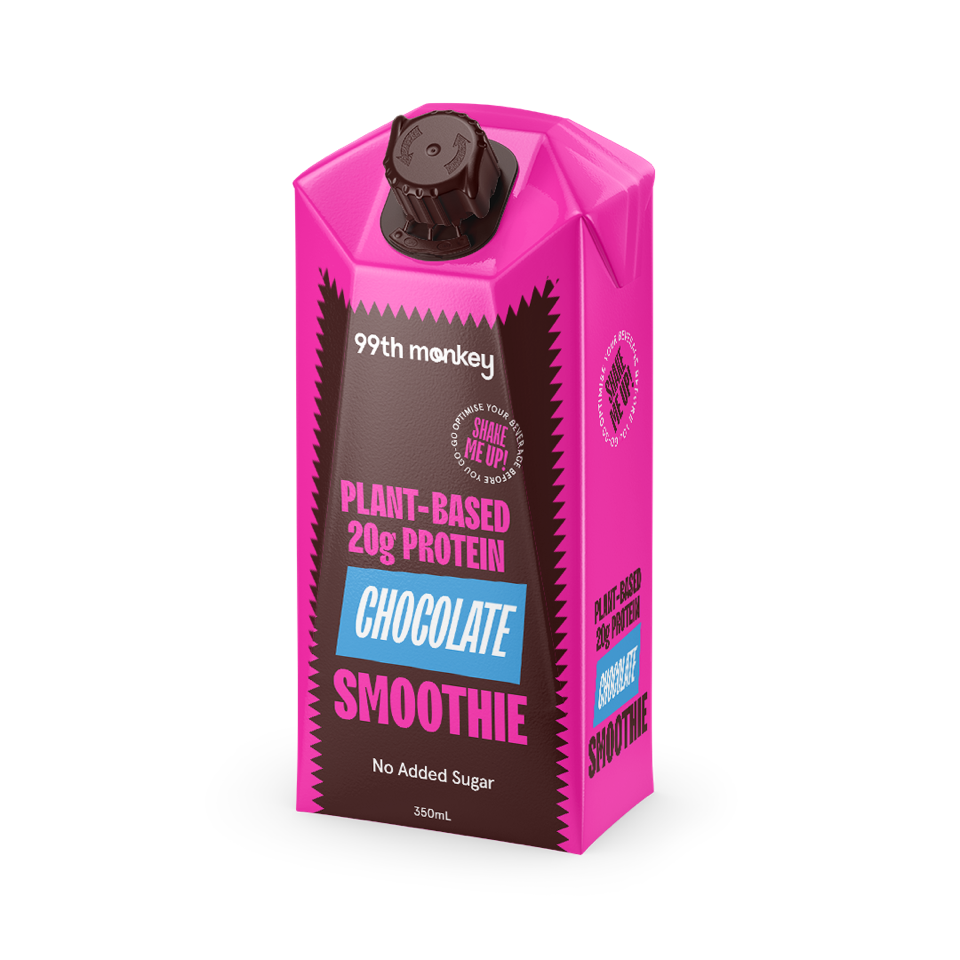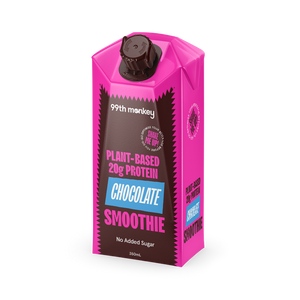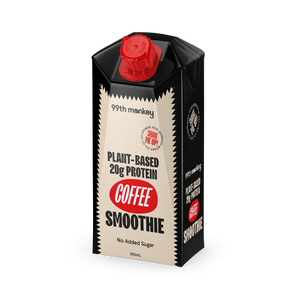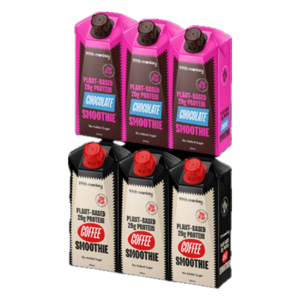How Eating Nuts Can Give You Glowing Skin
Share

There’s something to be said about the old adage “beauty begins on the inside”. In addition to genetics and general lifestyle factors, what you eat has a direct impact on your skin, hair, and nails, making good nutrition essential for healthy, radiant skin.
Of late, attention has shifted away from short-term external fixes, to sustainable holistic strategies when it comes to skincare. Here are the macronutrients, vitamins, and minerals you need to know about for healthy skin.
Vitamin E
A group of fat-soluble antioxidant compounds, vitamin E protects skin cells from harmful free radical damage caused by sun exposure and general lifestyle factors. Vitamin E assists the body’s natural wound healing process and helps renew skin cells. Foods rich in vitamin E include walnuts, almonds and almond butter, avocados, legumes, leafy greens like spinach and kale, sunflower seeds, broccoli, and olive oil.
Vitamin C
A powerful antioxidant, vitamin C aids in fighting free radicals that cause premature aging, such as those created by UV exposure. It’s also essential for making collagen and elastin; proteins that bind skin cells together, giving your skin that youthful elasticity and aiding in preventing fine lines and wrinkles. Vitamin C can be easily obtained from food sources like berries, citrus fruits (oranges, lemons, limes, and grapefruits), kiwi fruits, tomatoes, broccoli, capsicums, strawberries, and sweet potatoes.
Zinc
An essential mineral for optimal skin health, zinc is essential for the transportation of vitamin A, skin cell regeneration, preventing infections, and regulating sebum and enzymatic activity. Zinc can play a role in aiding acne, by controlling the production of oil in the skin and balancing the hormones involved in developing acne. Zinc can be found in oysters, pumpkin seeds, hemp seeds, lentils, almonds and almond butter, hemp seeds, chickpeas, quinoa, sesame seeds and tahini, cashews, and asparagus.
Vitamin A
Though it’s typically lauded for its crucial role in maintaining healthy vision, vitamin A is also essential for supple, moist skin. This fat-soluble vitamin can protect your skin from UV radiation and free radical damage, and plays a key role in skin repair and maintenance; if you have dry, flaky skin, it may be a sign of vitamin A deficiency. Vitamin A is converted in the body from beta-carotene, an antioxidant typically found in yellow and orange pigmented foods; think sweet potato, carrots, rockmelon, pumpkin, red capsicum, apricots, mangoes, squash, and red and yellow capsicums, as well as egg yolks, spinach leaves, kale, and romaine lettuce.
Essential Fatty Acids
Your skin requires essential fatty acids (or EFAs) to create an effective barrier to protect against external microbes and bacteria, as well as to moisturise your skin and keep it healthy and hydrated. Essential fatty acids also form the building blocks of healthy cell membrane (i.e. your skin cells!). Good food sources of essential fatty acids are walnuts, flaxseeds, olives and olive oil, avocado, pistachios and pistachio butter, almonds and almond butter, ABC butter, salmon, tuna, and chia seeds.
Protein
As one of the building blocks of skin tissue, protein is an essential macronutrient for good skin health. Protein contains two amino acids - L-lysine and L-proline - which support the body’s collagen production, tissue growth, and repair. A lack of dietary protein can result in dull, sallow skin and poor muscle tone. Protein is also crucial for balancing blood sugar levels, building muscle, and maintaining a healthy basal metabolic rate. Good food sources of protein are chickpeas, lentils, beans, salmon, tuna, quinoa, tofu, tempeh, chia seeds, hemp seeds, nuts and nut butter, and eggs.
Probiotics
These microorganisms are essential to maintaining a healthy gut microbiome, which in turn affects your skin health; an inflamed gut results in inflamed skin. Probiotics can be found in kombucha, sauerkraut, yoghurt (dairy and non-dairy), kefir, miso, and tempeh.
Prebiotics
A form of dietary fibre which supports the growth of good bacteria (i.e. probiotics) in your gut, prebiotics help feed healthy flora and restore your gut microbiome to a healthy state. Prebiotics can be found in garlic, dandelion greens, asparagus, leeks, onions, artichokes, and bananas.
Selenium
A powerful antioxidant, this mineral is responsible for maintaining skin elasticity and firmness. Selenium prevents the breakdown of collagen, provides an anti-inflammatory effect, and promotes the absorption of vitamin E, resulting in smooth, supple skin. Selenium can be found in brazil nuts, ABC butter, tuna, sardines, whole grains, brown rice, eggs, and shellfish.
Sulfur
Sulfur is essential to produce glutathione, one of our body’s main antioxidants. Glutathione is produced in the liver and is a key component in detoxification. Food sources of sulfur include cabbage, spinach, asparagus, kale, broccoli, white beans, black beans, kidney beans, onions, garlic, leeks, and lettuce.






